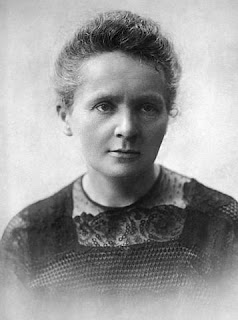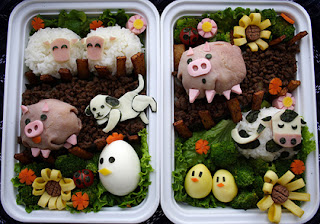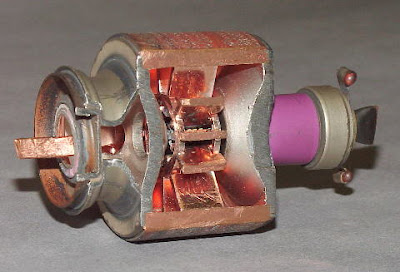1- Rewrite the following sentences using the words in brackets:
1- No, I have never gone jogging. (Have) ……………………………………………………………………………
2- He has been studying English since last week. (for)
……………………………………………………………………………
3- She has been sitting in this class since 10 o'clock. (How)
……………………………………………………………………………
4- Mona plays tennis 3 times a week. (How)
……………………………………………………………………………
5- I have been playing tennis for two hours. (since)
……………………………………………………………………………
6- Ahmed started drawing a picture in the morning. He is still drawing now.
(been) …………………………………………………………………………………
7- I have been in the club for two hours. (Where)
……………………………………………………………………………
8- Tom's father has been a policeman for twenty years . ( How )
…………………………………………………………………………….
9- Sally drank tea a short time ago. (just)
……………………………………………………………………………..
10- We have never been to Marsha Matrouh . ( Have )
…………………………………………………………………………..
11- This is the first time for me to travel abroad . ( never )
……………………………………………………………………………
12- She hasn't had a day off since 1999. ( for )
……………………………………………………………………………
13- No, I have never eaten lobster before . ( Have )
……………………………………………………………………………..
14- I have been in Italy
………………………………………………………………………….
15- She has lived in Alexandria
………………………………………………………………………
16- I finished my homework five minutes ago. ( just )
……………………………………………………………………….
2-Underline the correct answers between brackets :
1- Have you ( saw – been seeing – seen ) that fantastic new comedy on TV ?
2- Ann ( has just gone – has only been – has been going ) to Paris
3- The neighbour 'dog ( barked – was barking – has been barking ) for the last half hour .
4- John ( has been living – is living – lives ) in this neighbour since he was a child.
5- John ( played – was playing – has been playing ) on the computer for an hour now.
6- They have been married ( since – for – when ) twenty years .
7- John has been a student here in our school ( since – for – when ) March .
8- How ( long –much – many ) have you been studying English ?
9- Maya has been a professional singer ( for- since – while ) 1998.
10-The children ( didn't eat – haven't eaten – hasn't eaten ) anything since lunch and they are getting hungry .
11-have you ( never – ever – ago ) met anyone famous ?
12-How long ( did you know – have you known – are you knowing ) about it ?
13- I have lived in Cairo
14- She has been in France
15- She has had a digital camera ( since – for - yet ) six months .
16- I have known my friend Ali ( for – since ) I was six.
17- We haven't played tennis ( for – since - ago ) August .
18- Mrs samira has never ( visited – visiting – visit ) Australia
19- She ( shopped – peeled – slices ) the potatoes before cooking .
20- The food cooked in oli is ( peeled – steamed – fried )
21- We cook the chicken in a ( kettle – frying pan – saucepan )
22-I have been working ( since – for – at ) ten hours .
23- The food cooked by the mist of water is called ( bolied – steamed – fried )
24- The ( broccoli – lobster – lettuce ) is a kind of sea creature .
25- We ( melt – peel – fry ) thye chocolate before adding it to the milkshake .
26- We ( boil – steam – chop ) the vegetables in the water .
27- We ( fry – dry – cry ) the fish in the frying pan .
28- They have ( invited- invite – invites ) their friends to the party .
29- The ( lobster – broccoli – lettuce ) is a vegetable with green leaves .
30- We like ( scrambled- boiled – steamed ) eggs as they are mixed in a frying pan.
31- We like ( poached – scrambled – steamed ) eggs as they are cooked in boiling water without their shells.
32- She likes ( boiled – scrambled – steamed ) food on vapour.
3-Do we use for or since with the following time references?
We've been here ………………nine o'clock.
We've been here ………………nine o'clock.
I have worked for International House ………..more than eight years.
I haven't visited my home town ………….I left school.
I haven't been to the cinema ………….ages.
I have studied non-stop ……………..9.15.
I have had a driving licence …………….I was eighteen.
She hasn't had a day off ……………1999.
Johan has been in England
Peter has been my best friend …………we were nine.
Mona has tidied the flat ………this afternoon.
Tarek has been working in this factory ……….years.
I have lived in Assuit ……………..I was one .
The tourists have been staying in Egypt

































